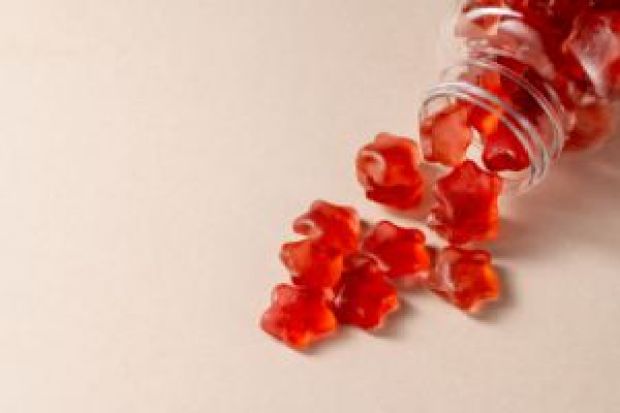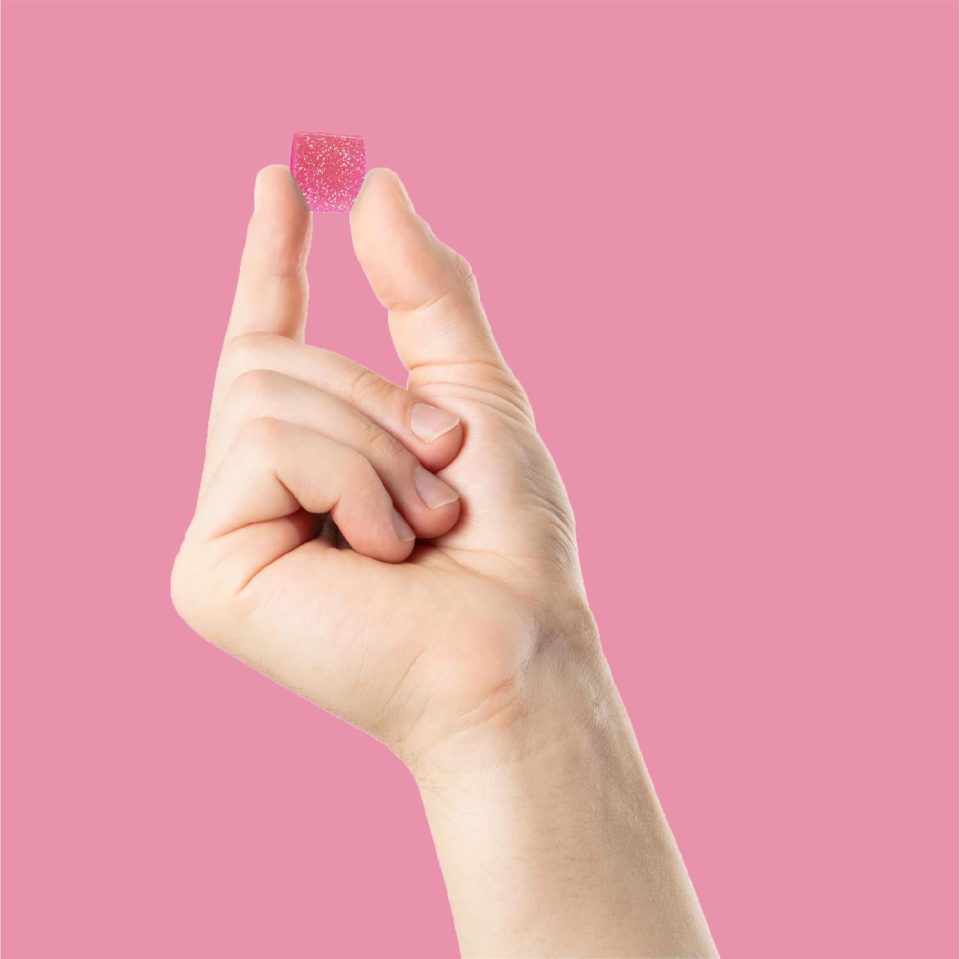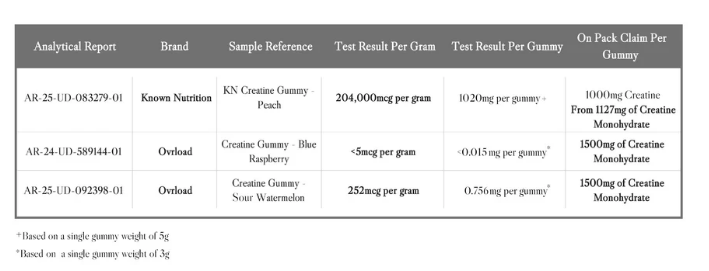POPULAR fitness supplements that claim to build muscle and boost brain power won’t work, tests suggest.
The ingredients list also reveals they’re made with a low-calorie sweetener currently banned in the UK.
Creatine, a long-time favourite among athletes and fitness enthusiasts, is best known for helping to build lean muscle.
The supplement has recently broken out into the mainstream, as study after study suggests a host of benefits for the brain – from improving memory and intelligence to reducing menopause-related brain fog.
Google searches for creatine gummies have more than doubled since the start of 2025, with a whopping 402 per cent spike year on year, according to Global Market Insights.
But one particular brand, popular on social media, might not live up to the hype.
Ovrload, a UK-based supplement company which has over 47,000 followers on Instagram, claims each of its gummies contains 1.5g of creatine.
At that dose, consumers would need to eat around four a day to get the full 5g daily dose – the amount backed by studies for boosting strength, performance, and muscle growth.
British personal trainer and influencer James Smith sent the gummies off for testing – and claims to have found they contained just 0.084g of creatine each.
That means to get your 5g dose, you would need to scoff more than 50 gummies a day.
As a result, the company has launched an investigation and paused sales of the product.
“We take such allegations extremely seriously and have written to the third-party competitor in question to urgently demand further information as to the basis of their claims,” a spokesperson told The Sun.
A rival supplement company, Known Nutrition, also ordered tests on Ovrload’s sour watermelon flavour.
It claims to have discovered each gummy had just 0.76mg of creatine. That’s 0.05 per cent of what’s claimed on the label.
“This is quite concerning,” Jess Hillard, a sports nutritionist, told The Sun.
“If a supplement doesn’t contain the active ingredient in effective
quantities, you’re just wasting money.
“But not just that, you’re also wasting time and potentially delaying progress toward your health or fitness goals.”
‘Underdosing is widespread within supplement world’
Aisling Pigott, registered dietitian at The British Dietetic Association (BDA), said the test results suggested “rules clearly aren’t being followed”.
“Most of the food and supplements we consume go through safety checks – but here, it feels like there are gaps in that process,” she said.
“It raises the question: are there other ingredients in there that haven’t been tested or disclosed?”
In the UK, supplements are regulated under the Food Supplements (England) Regulations 2003, which align with EU and UK food laws.
They must comply with general food safety legislation and cannot make misleading health claims.
But, unlike medicines, supplements are not as strictly regulated and do not undergo the same rigorous testing.
“Unfortunately, underdosing is a fairly widespread issue within the supplement world,” Jess said.
She added: “Scandals like the Ovrload Creatine Gummy case highlight just how important regular, transparent testing is in holding companies accountable.”
The Sun has contacted the FSA and Chartered Trading Standards Institute (CTSI) for comment.
The brand tried to defend itself on social media by posting images of third-party testing – but some details were blacked out.
Its own testing revealed that each 2g gummy contains 37 per cent creatine.
From this calculation, this would mean each gummy contains 0.74g of creatine – not 1.5g.
If we can’t trust the label, what can we trust?
Aisling Pigott
The ingredient list on Ovrload’s creatine gummies includes allulose – a sweetener that is currently banned in the UK.
Popular in the United States, allulose is a low-calorie sugar alternative used in keto snacks.
But here, it’s classed as a novel food and hasn’t been approved by the FSA – meaning it’s illegal to sell in food or supplements.
Ovrload told The Sun that allulose was never in the gummies, and its name was added to the label by mistake.
“It makes you worry about what else might be in the product that isn’t listed,” Aisling added.
“If we can’t trust the label, what can we trust?”
Ovrload has since updated its website, temporarily pausing all sales of products after the tests and subsequent claims.
Can we ever trust gummy supplements?

Nutritionist Jess Hillard weighs in:
“Gummy supplements certainly can be effective, but they come with a number of caveats.
“First, they often contain additional ingredients, such as sugars, artificial colours, and flavourings in order to make them more palatable.
“This can reduce their appeal for those trying to limit unnecessary additives in their diet.
“More importantly, there are real challenges with dosing accuracy in gummy form, which the Ovrload scandal has brought to light.
“It’s harder to evenly distribute active ingredients in gummies compared to powders or capsules, and stability over time may also be an issue.
“While convenient and tasty, gummies may not always be the most reliable option for serious supplementation.”
A spokesperson told The Sun: “At Ovrload we place customer satisfaction at the heart of our business.
“It is as a result of this that we have taken the decision to temporarily pause all sales of our products.
“It follows claims by a third-party competitor over the levels of creatine they contain.”
They added: “Simultaneously, and out of an abundance of caution, we have launched an immediate and thorough investigation with our manufacturing partner and appointed an external industry-accredited testing laboratory to determine the facts.
“Additionally, allulose has never been included in the formulation of any Ovrload product provided to our manufacturing partners.
“A packaging error led to it incorrectly being listed as an ingredient in a small number of batches. This has now been rectified.
“Producing high-quality products and providing excellent levels of customer service and satisfaction are at the heart of our business and we are committed to this for the long term.”











